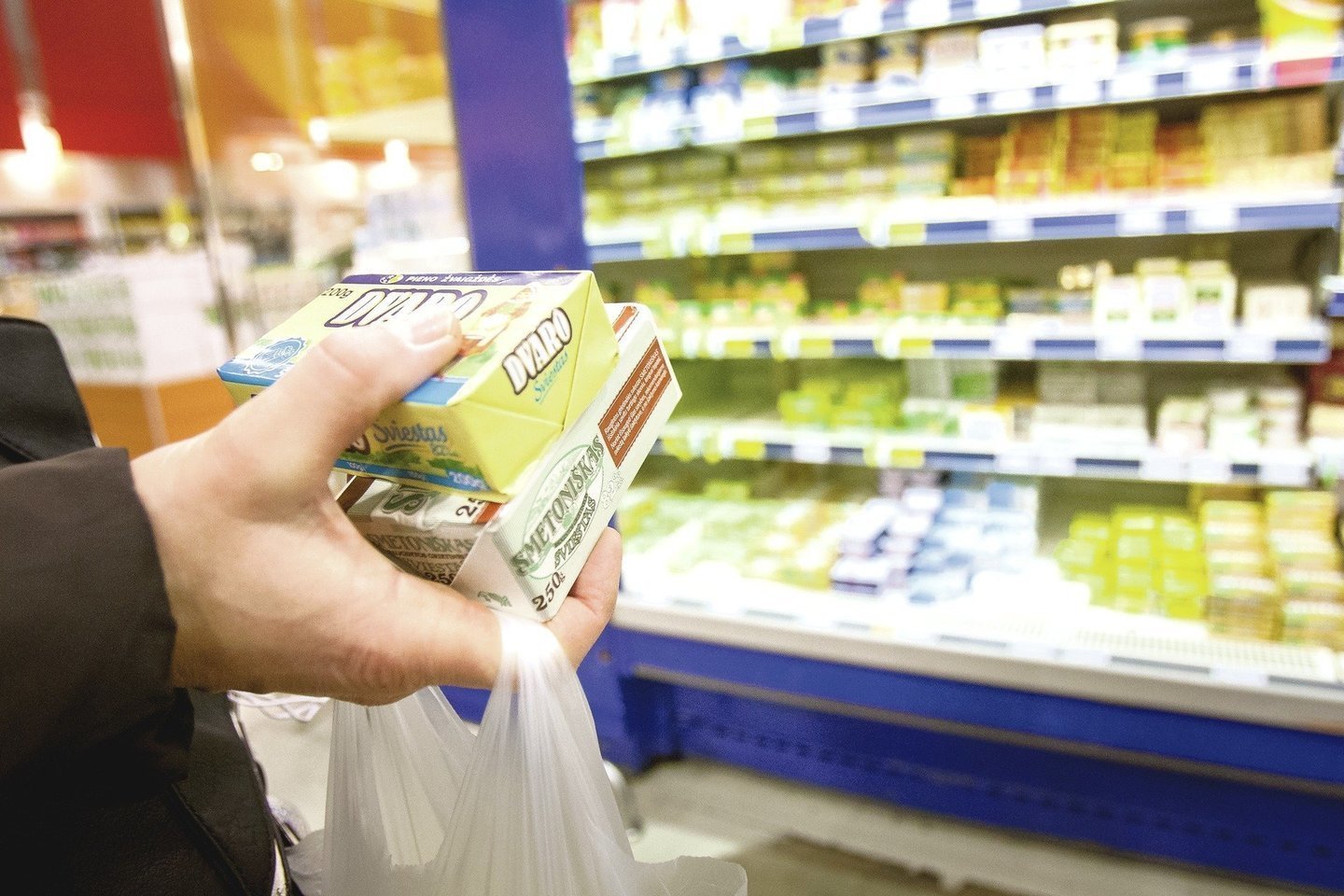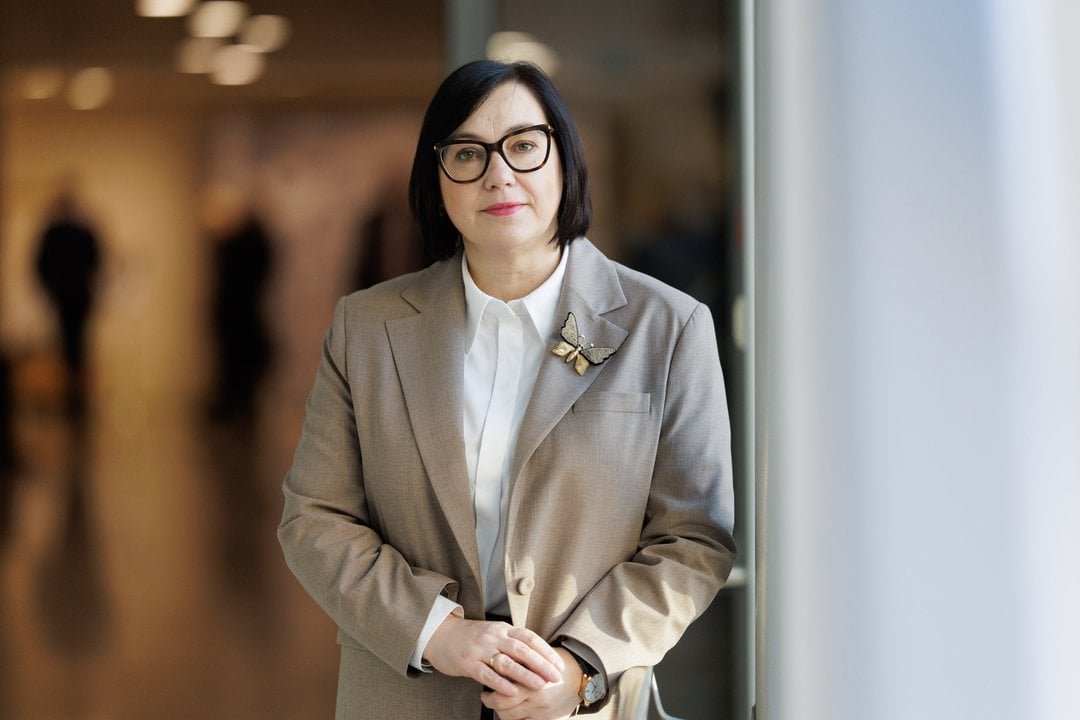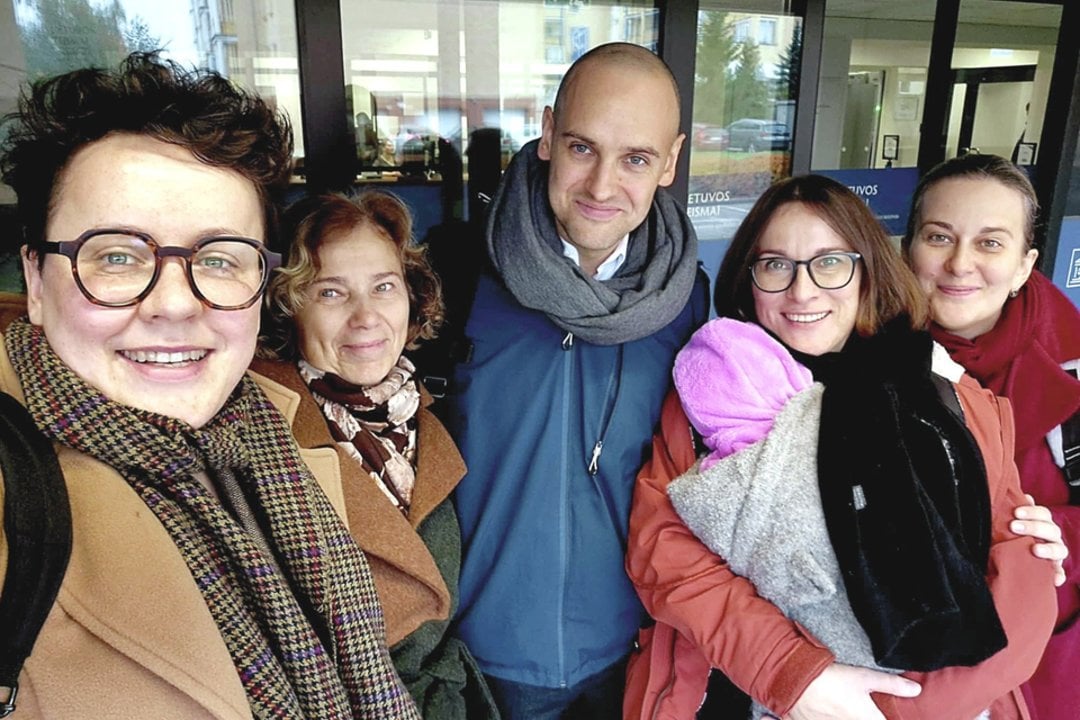Inflation is subdued by falling commodity prices
This year, energy and raw material prices, which have fallen significantly from unprecedented highs in Lithuania and other countries in Europe and the rest of the world, have contributed to the deflationary trend of falling commodity prices. Moreover, with purchasing power sinking and the European Central Bank (ECB) continuing to raise interest rates, the ability of companies to pass on increased costs to final consumers is diminishing. Unlike last year, traders are forced to reduce rather than increase prices and to undertake various sales promotions.
Retail sales data confirm this: sales volumes in the country have been declining for seven months in a row, and the turnover of catering establishments, which have shown resilience so far, has started to shrink rapidly as more people have decided to cut back on spending on entertainment. In August, catering turnover fell by almost 5% compared to the same period a year ago.
Service prices will remain stable for the foreseeable future
We will likely see a minor change in service prices in the future. The reason for this trend is quite simple: service prices are mainly influenced by labour cost increases. Average wages increased by around 12% in the first half of this year, and with the rise in the minimum monthly salary, average wages will continue to grow at a relatively high-rate next year.
This is likely to force service providers to raise rates further. Unfortunately, the falling demand and rising wages may lead to some companies being forced to reduce their workforce. Unemployment may increase slightly.
Inflation is affected by rising oil prices
In addition to a slight rise in the price of services, factors outside our control contributed to the monthly inflation increase in September. With the oil price approaching USD 100 per barrel and at its highest level since last autumn, this is reflected in higher diesel and petrol prices. The OPEC cartel's announcement of an agreement to cut oil production and Russia's ban on diesel exports have contributed to the rise in world oil prices.
Next year, the strengthening purchasing power of the population
Swedbank economists estimate that annual inflation in Lithuania will not reach 3% in the remaining months of this year, and it is expected to fall below 2% next year.
Inflation is, therefore, no longer Lithuania's biggest problem. Although the purchasing power of Lithuanians remains lower now than at the beginning of last year, as inflation recedes, we will again see the population's consumption potential rising. Swedbank economists predict that wage growth will exceed 12% this year and reach almost 9% next year.
Consumers are also talking about the improving situation: the September consumer confidence indicator was the highest in two years and well above the historical average. People's assessment of their financial situation and plans to spend money on significant purchases remain high.
ECB to stop at 4%
Moreover, the ECB looks set to stop raising base rates further and at the current 4% level. Given the sharp slowdown in annual inflation and the sluggishness of European economies, interest rates will likely start to be cut in the first half of next year.
Risks remain much higher in the country's industry, which is heavily dependent on the limping Western economies, especially Germany, and its exports to that country. In the first seven months of this year, compared to the same period a year ago, exports of Lithuanian goods, excluding mineral products, have fallen by more than a tenth and export orders remain below their long-term historical average. Over the same period, the country's industrial output fell by almost 7%, which means that Lithuania's biggest problem is not even in Lithuania.




